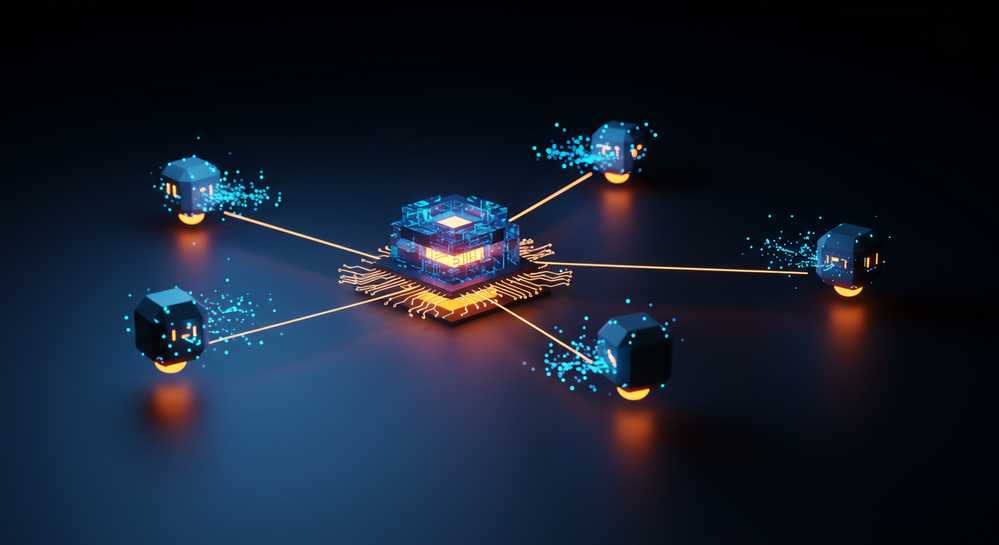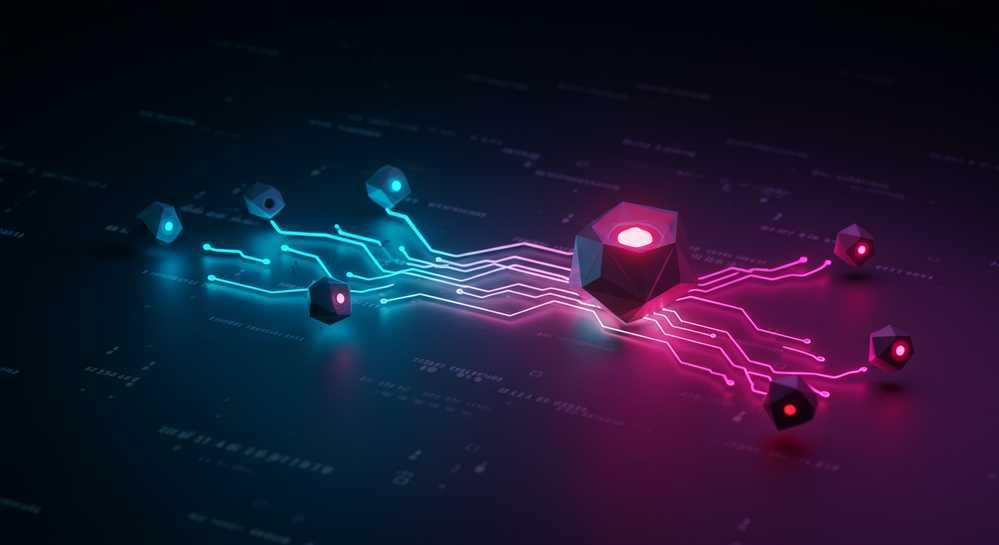The technology world is buzzing with anticipation for OpenAI’s next major release, but the true revolution may not be the model itself, but what it empowers. The next frontier is gpt 5 ai agents, autonomous systems capable of reasoning, planning, and executing complex tasks end-to-end. This article provides a clear, in-depth explanation of what these agents are, how they will work, and the transformative impact they will have on our digital lives.
Contents
What are ai agents fundamentally

To grasp the future of AI, we must first define its core components. An AI agent is not a simple chatbot. It is a sophisticated autonomous system designed to perceive its digital environment, make independent decisions, and take decisive actions to achieve specific goals. Think of it as a dedicated digital employee that operates without constant guidance.
The core agent framework
- Perception: The agent actively gathers information from diverse data streams. This includes websites, APIs, internal documents, and user inputs.
- Reasoning: It analyzes the collected data, formulates a multi-step plan, and decides the optimal course of action to meet its objective.
- Action: The agent interacts with software and tools to carry out its plan. This could involve sending emails, writing code, or managing investments, much like how advanced AI trading bots execute strategies.
Todays agents, built on powerful models like GPT-4, are highly capable but have clear limits. They often need significant human oversight and struggle with ambiguity or long-term planning. This dependency on detailed instructions is the key barrier that upcoming gpt 5 ai agents are designed to overcome.
The leap forward what makes gpt 5 agents different

The transition from GPT-4 to GPT-5 represents a fundamental leap in reasoning and autonomy, not just an incremental upgrade. This evolution is the primary engine that will power the next generation of AI agents. They will become significantly more capable and independent, moving from digital assistants to autonomous partners. Here is what truly sets them apart.
Enhanced long-term memory and context
GPT-5 agents will possess a vastly improved ability to retain information over extended interactions. This allows them to manage complex, long-running projects without losing sight of initial objectives or key details. This capability directly addresses a common limitation in current models, which often require repeated context.
Advanced reasoning and planning
While GPT-4 can plan simple tasks, GPT-5 is anticipated to handle complex, multi-layered strategic planning. It can break down a vague goal, like launching a new product, into a detailed sequence of executable sub-tasks. The agent can then carry out the entire plan autonomously.
Proactive and goal-driven behavior
Instead of merely reacting to prompts, gpt 5 ai agents are designed to be proactive. They will anticipate needs, identify potential problems, and suggest new opportunities to achieve a goal more efficiently. This crucial shift elevates them from being tools to becoming true digital collaborators.
Real world impact potential applications of gpt 5 agents

The enhanced capabilities of gpt 5 ai agents will unlock practical and transformative applications across numerous sectors. Their ability to handle complex, end-to-end workflows will move them from novelty to necessity. Here are some of the most anticipated use cases that will define the next era of automation.
Autonomous software development
An agent could be given a high-level feature request. It would then proceed to write the code, create test cases, run them, debug any issues, and submit the final working code for review. This would dramatically accelerate development cycles and improve code quality.
Personalized financial analysis
Imagine an AI agent continuously monitoring market data and analyzing your investment portfolio. Based on your risk tolerance, it could automatically execute trades or rebalance assets to optimize returns. It could also prepare detailed reports and flag opportunities from sources like undefined.
Automated scientific research
Researchers could deploy AI agents to sift through vast scientific databases. These agents can identify patterns, formulate hypotheses, design experiments, and even write initial drafts of research papers. This would supercharge the pace of discovery in fields like medicine and materials science.
How to prepare for the agentic ai revolution
The emergence of powerful AI agents is not a distant event; it is happening now. Preparing for this shift is crucial for individuals and businesses to remain competitive. The key is to move from thinking about AI as a tool to be commanded to an agent to be collaborated with. This mindset change is the first step toward readiness.
- Develop agent management skills: Learning to clearly define goals, set constraints, and evaluate the performance of AI agents will become a critical skill. This is an evolution from prompt engineering into objective-oriented direction.
- Identify automation opportunities: Analyze your personal and business workflows to find complex, multi-step processes ripe for automation. Look for tasks that involve data gathering, analysis, and digital execution.
- Embrace API driven services: The most powerful agents will integrate seamlessly with other software and platforms via APIs. Building a tech stack that is agent-ready will provide a significant advantage.
By taking these steps, you can position yourself to harness the full potential of gpt 5 ai agents as soon as they become available, turning a disruptive technology into a competitive edge.
The development of GPT-5 AI agents marks a pivotal moment in artificial intelligence, shifting from responsive models to proactive, autonomous partners. These agents promise to revolutionize industries by handling complex tasks with unprecedented independence and reasoning. To stay ahead, individuals and businesses must begin adapting now. Explore the future of automated solutions at Best Dex Sniper Bots and prepare for the next wave of technological transformation.